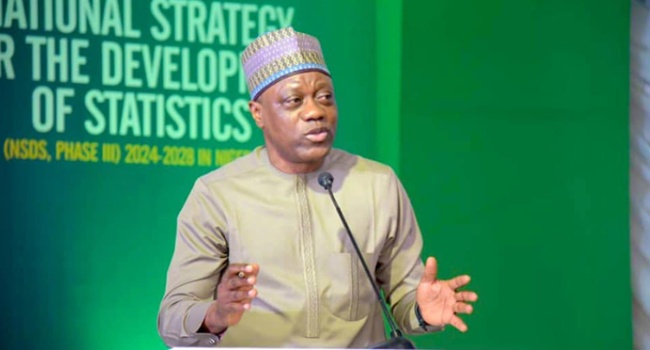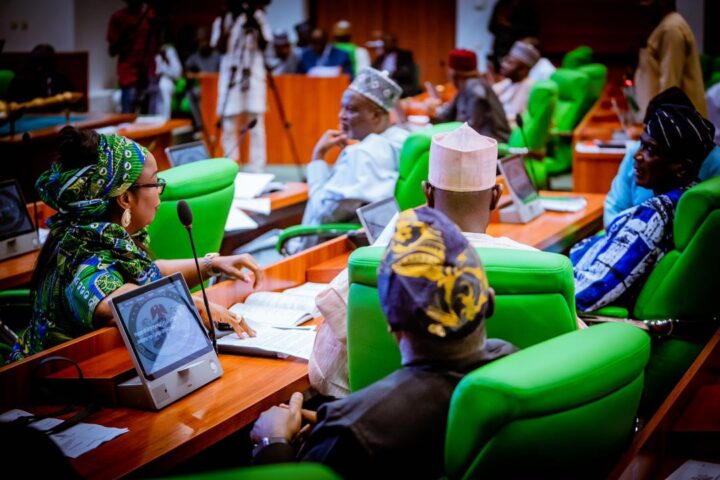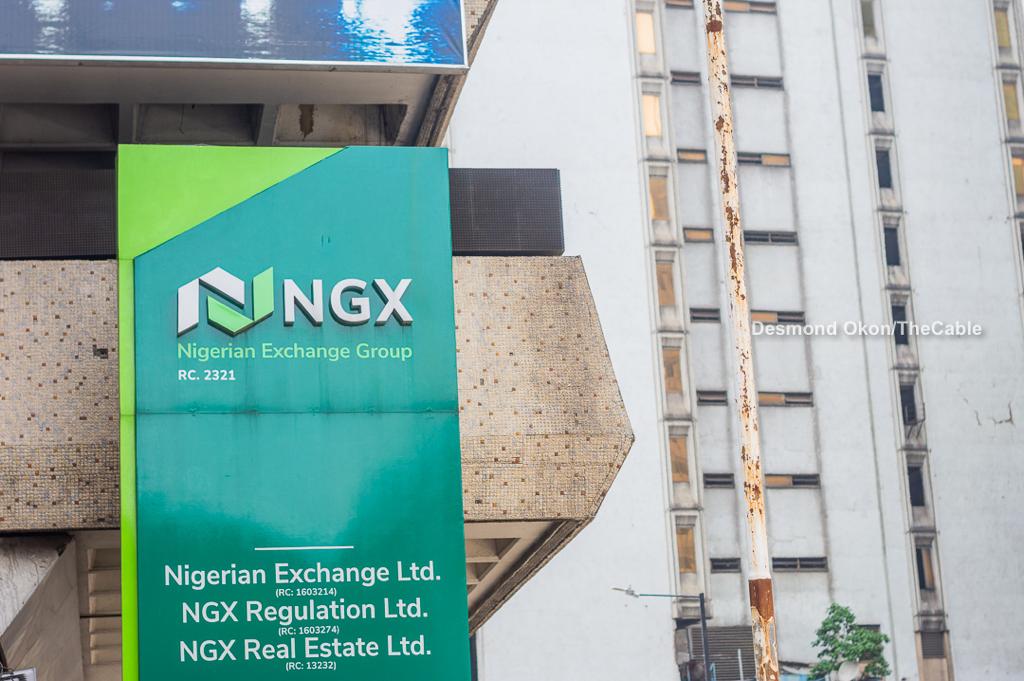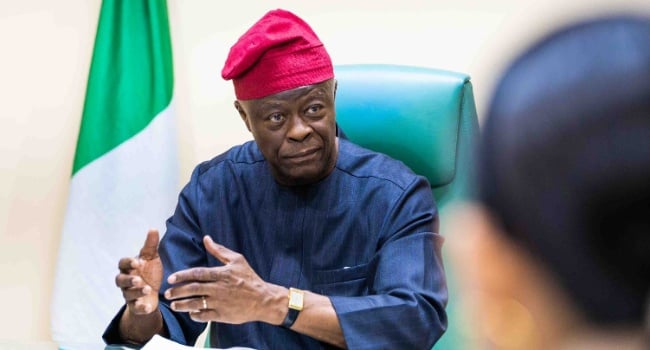PricewaterhouseCoopers (PwC) says Africa is progressing positively in its efforts to make a clean energy transition.
PwC, in a report on Monday, titled ‘Africa Energy Review 2023: Africa’s challenges and opportunities in the energy transition’, said several countries on the continent are leveraging the region’s enormous renewable energy potential.
“Africa is progressing positively in its efforts to make a clean energy transition as several countries on the continent are leveraging the region’s enormous renewable energy potential,” the firm said.
“However, these efforts need to be coupled with the development of fossil fuel energy resources for Africa to make the transition faster, and reap the full range of its benefits.”
Advertisement
“Despite the continent’s monumental fossil fuel and renewable energy potential, it faces high energy poverty levels.
“African countries are also faced with the challenge of how to balance energy security, climate change, and sustainable development objectives.”
Andries Rossouw, PwC Africa energy, utilities and resources leader, said the future of African energy is lower carbon technologies.
Advertisement
“It has become increasingly clear that Africa plays a critical role in addressing global energy issues,” he said.
“The future of African energy is lower carbon technologies, driven by strategies that can see oil, gas and renewable production grow while reducing emissions in order to meet sustainability commitments.”
According to Pedro Omontuemhen, PwC Africa oil & gas leader, a decarbonised Africa can meet large-scale energy supply demands.
Omontuemhen said: “Africa’s decarbonisation is important, however, the eradication of energy poverty and improving energy security needs to be considered.”
Advertisement
“This can be done if governments and the private sector collaborate to ensure that investments in new technologies are optimised — and this will ensure that sustainability commitments are achieved.
“What is evident from the recent energy market volatility is that reliable energy availability and pricing are key considerations for many governments in the selection of their respective energy strategies.
“The solution for the power sector is not an either/or, renewables or natural gas, proposition. It requires a multi-pronged approach to decarbonisation with renewables and natural gas power at its core.”
‘NIGERIA LEADS WEST AFRICA’S FOSSIL FUEL EXPORTS’
Advertisement
The report highlighted that Nigeria is the leading exporter of fossil fuels in West Africa.
According to Omontuemhen, the vision is also to drive LNG exports.
Advertisement
“Western Africa region is a net exporter of fossil fuels primarily from Nigeria,” Omontuemhen said.
“Export growth will be driven by liquified natural gas (LNG) exports with the Senegal and Mauritania greater tortue ahmeyim (GTA) LNG project coming online.
Advertisement
“The vision for West Africa is to drive and accelerate LNG exports from 4% to 6% to drive industrialisation and energy security.
“The region also has huge potential for investment and growth, as 70% of the population is below 30 years.”
Advertisement
On his part, David Tarimo, PwC Energy, utilities & resources leader in eastern Africa, believes that gas will continue to be a key contributor to energy and industrial systems in many countries.
According to him, it will retain a critical role in power generation as a fuel for baseload and flexible generation, even as new power technologies emerge.
“While significant emphasis has been placed on developing the hydrogen economy, it remains nascent and is likely to take time to develop to its full potential,” he said.
Tarimo said it can play a pivotal role in Africa’s energy transition.







